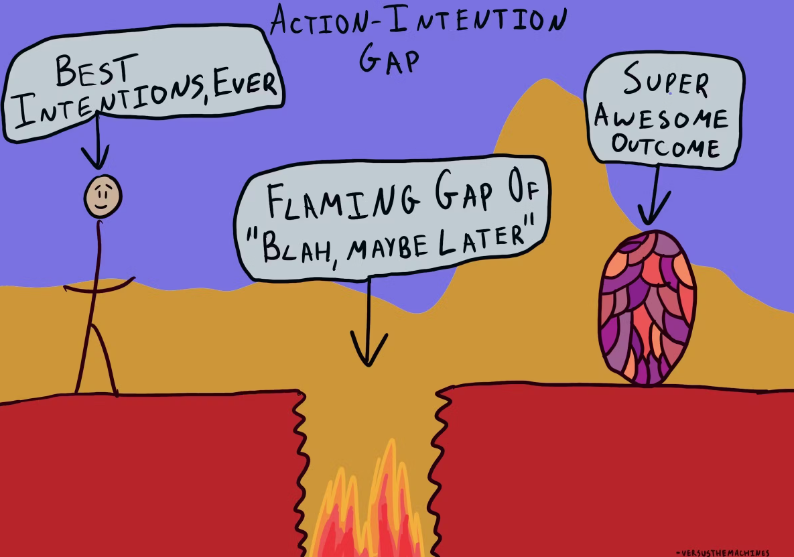Ever had a conversation with someone who sounds wildly different over email than they do in person?
It’s jarring. Unsettling even.
Now imagine that’s your brand.
You speak one way on your homepage, another on social and something completely distinct in investor decks or customer support emails. It’s like wearing a different face every time you walk into a room.
Any yet… it seems to happen all the time in the finance space.
Not because people don’t care. But because tone of voice is too often seen as a superficial “comms” thing. When really, it’s a strategic asset.
Why tone gets lost in translation
Most financial brands don’t suffer from a lack of a tone of voice document.
They just suffer from ones no one uses.
I’ve come across a lot of these docs since I’ve been doing this and from my experience they’re often:
- too vague
- too rigid
- too cumbersome or
- too siloed
They simply end up being tossed to the side like assembly instructions from IKEA.
What separates them from the best fintechs isn’t that they have a tone of voice. It’s that they actually implement it. And they do it across every function. Every channel. Every moment that matters.
In fact, one fintech I worked with baked tone into their onboarding for sales, support and even COMPLIANCE! Not just marketing. It meant that their communication felt human at every touchpoint, without slipping into a casual mess.
Here’s the psychology bit
Humans are pattern-seeking machines. When your brand sounds consistent, it builds a fluency effect and people understand and trust it faster.
A lot of research has been published showing that when brand messages feel fluent and familiar, they’re perceived to be more credible – even when the actual content doesn’t change.
Just the colours of Coca-Cola, McDonalds and Cadbury exude familiarity and their consistent exposure across all media makes consumers feel more at ease with the brand.
Consistency = credibility
So, how do the top fintechs stay consistent?
1. Codify tone in context.
Not just “We’re friendly and expert.”
But “Here’s how we sound in a product explainer and here’s how we sound in an email broadcast.”
2. Build tone into role-play.
Train teams with real scenarios, especially outside of marketing. Support agents need to know what ‘reassuring clarity’ sounds like when the app glitches at 2 am.
3. Set creative boundaries.
Top brands don’t copy-paste slogans. They give writers tools: signature phrases, go-to structures, tonal guardrails. Structure frees up creativity. It doesn’t kill it.
Final thought
A great tone of voice doesn’t mean saying the same thing over and over. It means sounding unmistakably like you, everywhere you show up.
The smartest financial businesses know that. And they make it feel seamless.
Even when it’s anything but.
Speak soon












Leave a comment
Your email address will not be published.